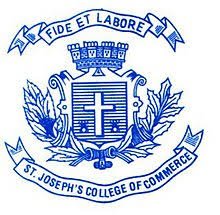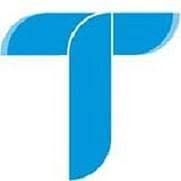Discover M.com in Marketing and Analytics! Explore eligibility criteria and fee structure. Unlock your future in data-driven marketing
Eligibility & Fee Structure for M.com In Marketing And Analytics course
The eligibility criteria and fee structure for a Master of Commerce (M.Com) program in Marketing and Analytics can vary depending on the university or institution offering the program. I can provide you with a general overview, but it's essential to check with specific universities for the most accurate and up-to-date information since these details can change over time.
Eligibility Criteria:
-
Educational Qualifications: Typically, candidates are required to have a bachelor's degree in commerce, business, or a related field. The specific undergraduate degree requirements may vary from one institution to another.
-
Minimum Percentage: Many universities may require candidates to have a minimum percentage in their undergraduate studies, often around 50-60%. Some institutions may also consider the candidate's performance in entrance exams.
-
Entrance Exams: Some universities and colleges may conduct entrance exams for M.Com programs. You may need to check with the specific institution for details about the entrance exam, its syllabus, and the minimum qualifying score.
-
Work Experience: While work experience is not a standard requirement for M.Com programs, some institutions may prefer or consider candidates with relevant work experience, especially if it's related to marketing or analytics.
Fee Structure:
The fee structure for an M.Com in Marketing and Analytics can vary significantly depending on factors such as the university's location, reputation, and whether it's a government-funded or private institution. Additionally, fees can change from year to year due to inflation and other factors.
Here's a rough estimate of the fee structure:
-
Tuition Fees: Tuition fees can range from a few thousand dollars to several thousand dollars per year. Government-funded universities may have lower fees for residents of the state or country, while private institutions often have higher tuition fees.
-
Additional Costs: In addition to tuition fees, there may be additional costs for study materials, examinations, laboratory fees (if applicable), and other miscellaneous expenses.
-
Scholarships and Financial Aid: Many universities offer scholarships and financial aid to eligible students. These can help offset the cost of tuition and other expenses. It's essential to research scholarship opportunities and apply for them if you meet the criteria.
-
Payment Plans: Some institutions offer flexible payment plans, allowing students to pay tuition fees in installments.
 2 Years
2 Years
 Post Graduate
Post Graduate
 Commerce
Commerce
 Full Time
Full Time





 back
back

